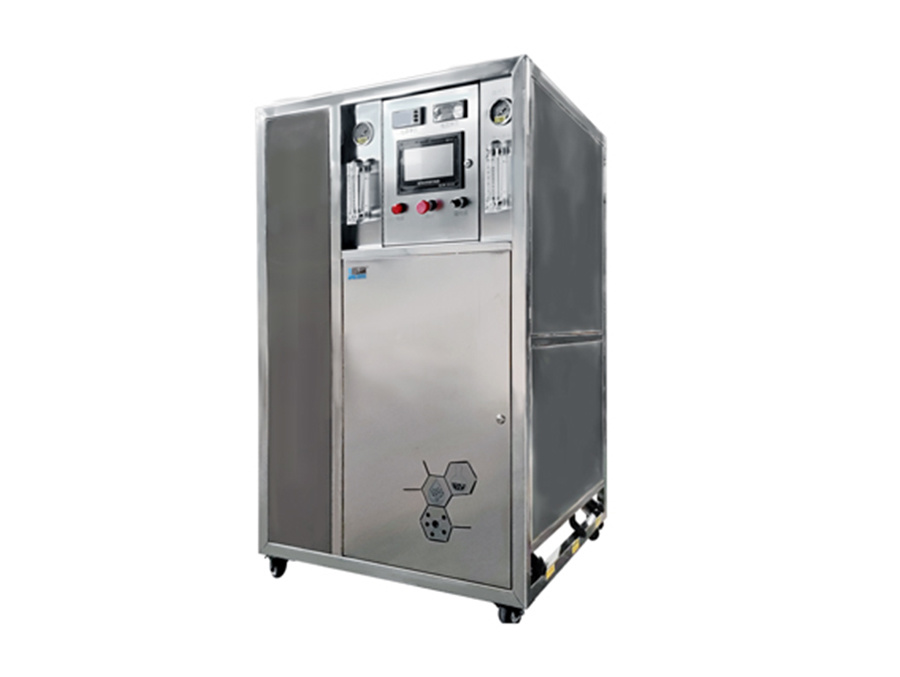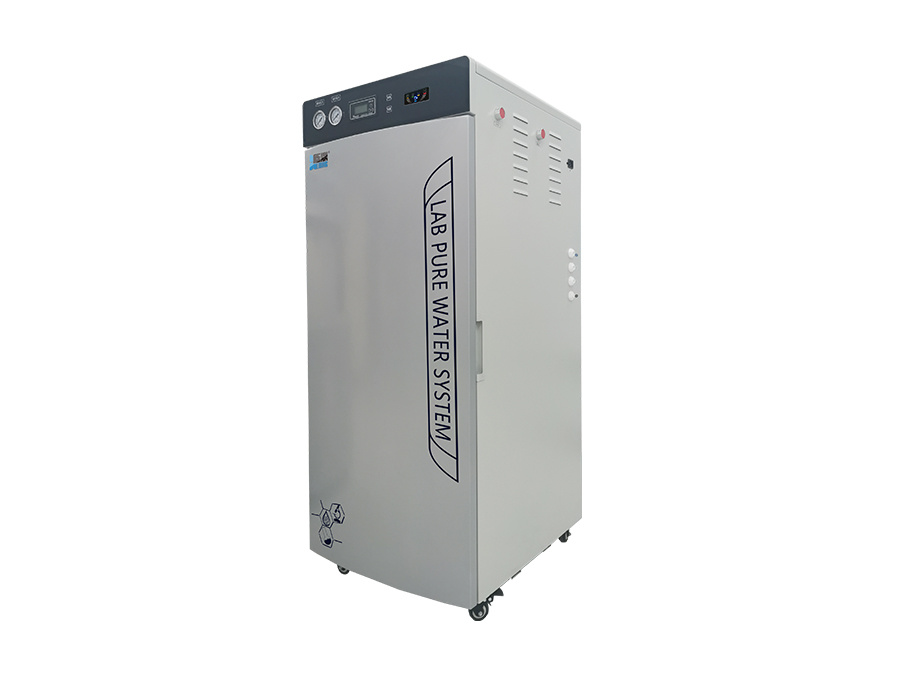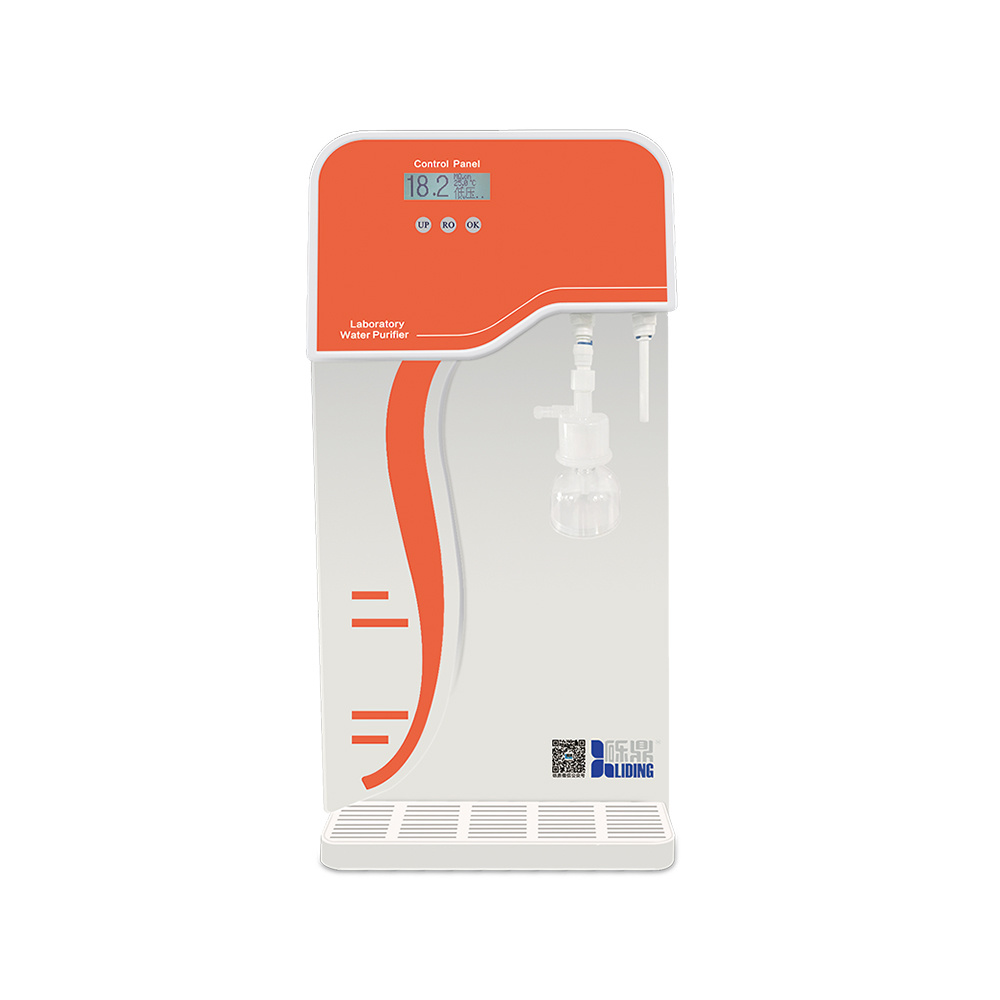The Future of Manufacturing: Ultra Pure Water Systems
Time:
Jun 23,2025
The Future of Manufacturing: Ultra Pure Water Systems
Table of Contents
1. Understanding Ultra Pure Water Systems
2. Importance of Ultra Pure Water in Manufacturing
3. Key Technologies Driving Ultra Pure Water Systems
4. Benefits of Implementing Ultra Pure Water Systems
4.1 Enhanced Product Quality
4.2 Cost Efficiency and Resource Management
4.3 Environmental Sustainability
5. Industries Benefiting from Ultra Pure Water Systems
5.1 Semiconductor Manufacturing
5.2 Pharmaceutical Production
5.3 Food and Beverage Processing
6. Challenges and Solutions in Ultra Pure Water Systems
7. The Future Outlook: Trends and Innovations
8. Frequently Asked Questions
1. Understanding Ultra Pure Water Systems
Ultra pure water systems are essential components in many manufacturing processes, enabling the production of high-quality products through the use of water that is virtually free of impurities. This water is processed through a series of advanced filtration and purification techniques that ensure its purity meets strict industry standards. The demand for ultra pure water arises from the need for precision and quality in production, especially in industries where contaminants can significantly affect the end product.
2. Importance of Ultra Pure Water in Manufacturing
In manufacturing, the quality of water used can directly influence the quality of the final product. Ultra pure water systems remove minerals, organic compounds, and microorganisms, ensuring that the water used in processes such as rinsing, mixing, and cooling does not introduce any unwanted substances. This is particularly critical in industries such as electronics and pharmaceuticals, where even trace amounts of contaminants can lead to defects or compromised safety.
3. Key Technologies Driving Ultra Pure Water Systems
The technologies behind ultra pure water systems are continually evolving. Key methods include:
- **Reverse Osmosis (RO)**: This process uses a semipermeable membrane to remove ions, molecules, and larger particles from water. It’s one of the most effective methods for achieving ultra purity.
- **Deionization (DI)**: This technique removes dissolved ionic species from water, resulting in high-purity water suitable for sensitive applications.
- **Ultraviolet (UV) Light Treatment**: UV systems eliminate bacteria and viruses, ensuring that the water is microbiologically safe.
- **Electrodeionization (EDI)**: Combining ion exchange and electrochemical processes, EDI provides continuous production of ultra pure water without the need for regeneration chemicals.
4. Benefits of Implementing Ultra Pure Water Systems
4.1 Enhanced Product Quality
Implementing ultra pure water systems leads to improved product quality across various manufacturing processes. The elimination of impurities results in fewer defects and higher consistency, which is crucial for maintaining customer satisfaction and brand reputation.
4.2 Cost Efficiency and Resource Management
While the initial investment in ultra pure water systems can be significant, the long-term savings through reduced waste, lower rework costs, and improved operational efficiency often outweigh the costs. These systems effectively minimize the use of chemicals needed for treatment and reduce downtime caused by equipment malfunction due to water quality issues.
4.3 Environmental Sustainability
Ultra pure water systems contribute to sustainability efforts by promoting water reuse and reducing waste. Modern systems are designed to optimize water usage, ensuring that manufacturing processes are as eco-friendly as possible. This aligns with global trends toward sustainability in industry, making it easier for manufacturers to meet regulatory requirements and social expectations.
5. Industries Benefiting from Ultra Pure Water Systems
Various industries are reaping the benefits of ultra pure water systems, each with specific requirements and challenges.
5.1 Semiconductor Manufacturing
The semiconductor industry relies on ultra pure water for cleaning wafers and other components. Any contaminants can lead to defects, making water purity paramount. As technology advances, manufacturers are increasingly investing in state-of-the-art purification systems to meet stricter standards.
5.2 Pharmaceutical Production
In pharmaceutical manufacturing, ultra pure water is used in formulations, cleaning, and rinsing processes. Compliance with stringent regulations necessitates the use of highly purified water to ensure product safety and efficacy.
5.3 Food and Beverage Processing
In the food and beverage industry, ultra pure water systems are critical for maintaining quality and safety in products. They help eliminate contaminants that could affect taste, safety, and shelf life, thus ensuring consumer trust.
6. Challenges and Solutions in Ultra Pure Water Systems
Despite their advantages, ultra pure water systems face challenges such as high operational costs, maintenance requirements, and the need for skilled personnel. Manufacturers must address these issues to harness the full potential of ultra pure water systems. Solutions include investing in advanced monitoring technologies to optimize performance and reduce maintenance costs, as well as providing training for staff to ensure proper operation.
7. The Future Outlook: Trends and Innovations
The future of ultra pure water systems in manufacturing looks promising. Innovations such as smart water management systems, AI-driven monitoring solutions, and modular purification systems are set to revolutionize the industry. Additionally, as regulations tighten and sustainability becomes more critical, the demand for ultra pure water systems is expected to grow, driving further advancements in technology and efficiency.
8. Frequently Asked Questions
What is ultra pure water, and how is it different from regular water?
Ultra pure water is water that has been treated to remove nearly all impurities, including dissolved salts, organic molecules, and microorganisms. It is significantly purer than regular water, making it ideal for sensitive manufacturing processes.
What industries require ultra pure water systems?
Industries such as semiconductors, pharmaceuticals, and food and beverage processing require ultra pure water systems to ensure product quality and meet regulatory standards.
How do ultra pure water systems improve product quality?
By removing contaminants that could affect the final product, ultra pure water systems help maintain high standards of quality and consistency, reducing defects and enhancing overall product reliability.
What are the main technologies used in ultra pure water systems?
Key technologies include reverse osmosis, deionization, ultraviolet light treatment, and electrodeionization.
What are the future trends for ultra pure water systems in manufacturing?
Future trends include the integration of smart technologies, increased automation, and a focus on sustainability, which will drive efficiency and compliance in water purification processes.
Conclusion
Ultra pure water systems are a crucial component of modern manufacturing, offering significant benefits in terms of product quality, cost efficiency, and environmental sustainability. As industries evolve and demands for purity and safety intensify, the future of ultra pure water systems promises innovation and advancement. Manufacturers must embrace these changes to remain competitive and meet the ever-increasing standards of their respective industries. Implementing these systems not only enhances operational efficiency but also solidifies a commitment to quality and sustainability, paving the way for a cleaner, more efficient future in manufacturing.
RELATED NEWS







